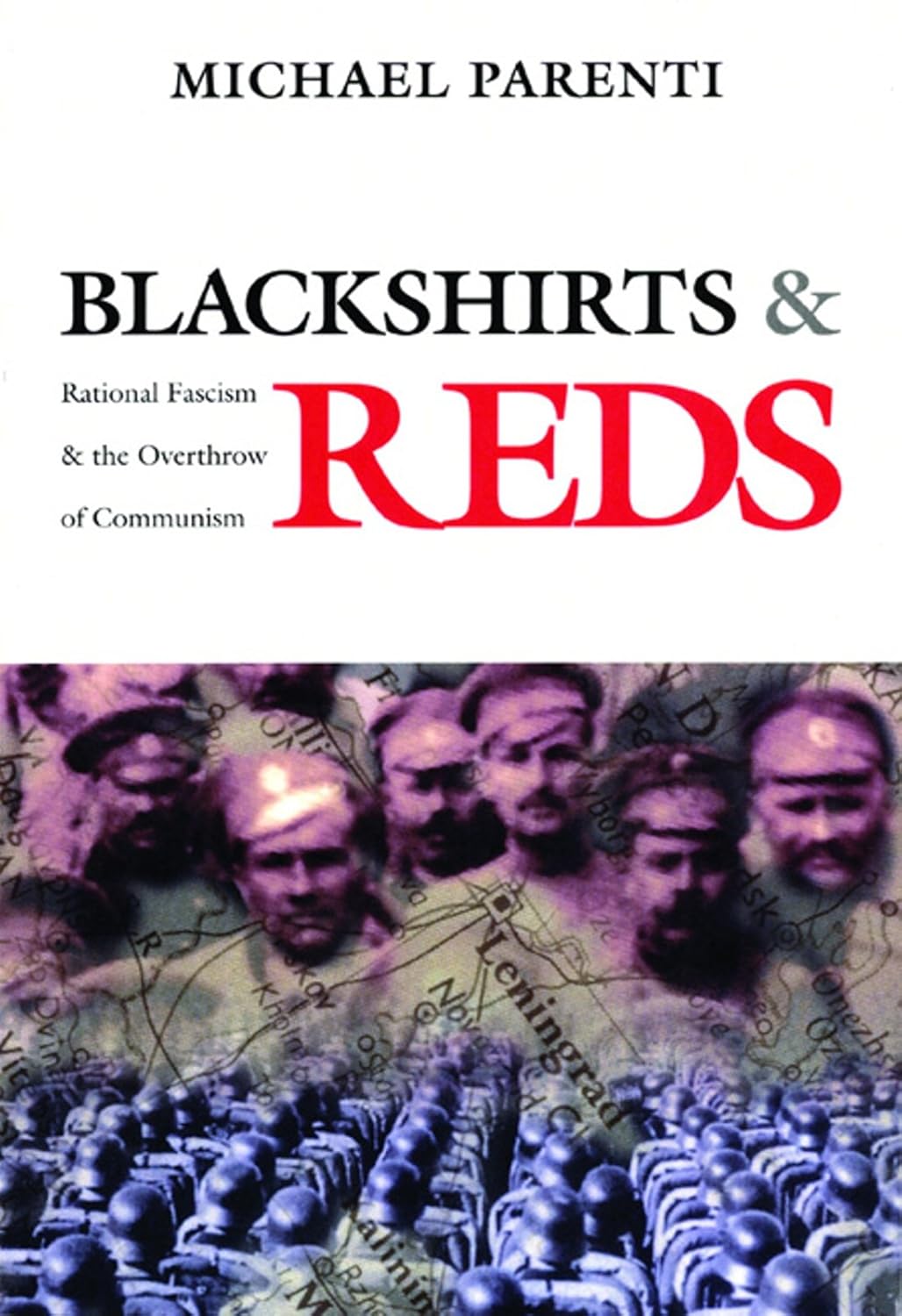About this deal
Not surprisingly, work discipline left much to be desired. There was the clerk who chatted endlessly with a friend on the telephone while a long line of people waited resentfully for service, the two workers who took three days to paint a hotel wall that should have taken a few hours, the many who would walk off their jobs to go shopping." Written with lucid and compelling style, this book goes beyond truncated modes of thought, inviting us to entertain iconoclastic views, and to ask why things are as they are. It is a bold and entertaining exploration of the epic struggles of yesterday and today.
To maintain profit levels, the large landowners and industrialists would have to slash wages and raise prices. The state in turn would have to provide them with massive subsidies and tax exemptions. To finance this corporate welfarism, the populace would have to be taxed more heavily, and social services and welfare expenditures would have to be drastically cut—measures that might sound familiar to us today. It as be said that the political right (and to some extent the centre) have it easy. They just have to maintain the power they get and prove to be capable rulers. For revolutionary-leftwing politics to work, you need essentially to cover two bases; 1) offer a valid critique of the existing political model and 2) find something viable to replace it. At the time of the 1 996 terror bombing in Oklahoma City, I heard a radio commentator announce: "Lenin said that the purpose of terror is to terrorize." U.S. media commentators have repeatedly quoted Lenin in that misleading manner. In fact, his statement was disapproving of terrorism. He polemicized against isolated terrorist acts which do nothing but create terror among the populace, invite repression, and isolate the revolutionary movement from the masses. Far from being the totalitarian, tight-circled conspirator, Lenin urged the building of broad coalitions and mass organizations, encompassing people who were at different levels of political development. He advocated whatever diverse means were needed to advance the class struggle, including participation in parliamentary elections and existing trade unions. To be sure, the working class, like any mass group, needed organization and leadership to wage a successful revolutionary struggle, which was the role of a vanguard party, but that did not mean the proletarian revolution could be fought and won by putschists or terrorists.”
To be fair, he does discuss some of the inherent problems with communism and a planned economy in one of the chapters, but he seems to sweep that under the rug a little. Let it be said I have read many defences of the USSR, and Stalinism in general, but this is one of the worst defenses of an 'existing socialist' state Ive read for some time. How Parenti manages to go from logically asset stripping capitalism taking account of its errors to defending a society which was nothing more than an ill planned police state is startling. Upon assuming state power, Hitler and his Nazis pursued a politico-economic agenda not unlike Mussolini’s. They crushed organized labor and eradicated all elections, opposition parties, and independent publications. Hundreds of thousands of opponents were imprisoned, tortured, or murdered. In Germany as in Italy, the communists endured the severest political repression of all groups.
The result of all this? In Italy during the 1930s the economy was gripped by recession, a staggering public debt, and widespread corruption. But industrial profits rose and the armaments factories busily rolled out weapons in preparation for the war to come. In Germany, unemployment was cut in half with the considerable expansion in armaments jobs, but overall poverty increased because of the drastic wage cuts. And from 1935 to 1943 industrial profits increased substantially while the net income of corporate leaders climbed 46 percent. During the radical 1930s, in the United States, Great Britain, and Scandanavia, upper-income groups experienced a modest decline in their share of the national income; but in Germany the top 5 percent enjoyed a 15 percent gain. ⁵
I'd heard about Parenti as a principled anticapitalist for years, seen him referenced and quoted. It was finally time to try to read his work, and I was excited.
I think nowadays, especially among younger people, criticisms of capitalism are common, but it's rare for people to provide a historically grounded alternative to it. It's common to hear people say capitalism is fundamentally broken, but it's quite rare to hear anyone (at least in the US) look to history for a solution, and sometimes, I feel as if radical socialists today can be too utopian. Book Genre: Anthologies, Collections, Economics, Essays, Historical, History, Nonfiction, Philosophy, Political Science, Politics, Theory, WritingWhile walking through New York’s Little Italy, I passed a novelty shop that displayed posters and T-shirts of Benito Mussolini giving the fascist salute. When I entered the shop and asked the clerk why such items were being offered, he replied, Well, some people like them. And, you know, maybe we need someone like Mussolini in this country. His comment was a reminder that fascism survives as something more than a historical curiosity.
 Great Deal
Great Deal 